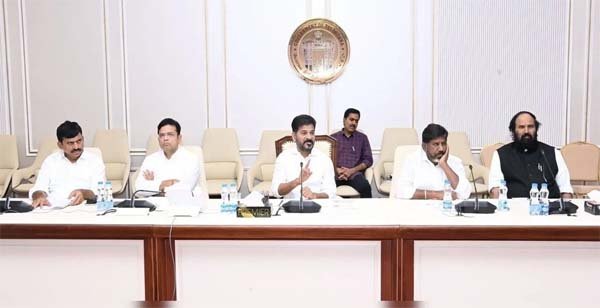Bengaluru , Aug 4 (UNI) Backed by a landmark Supreme Court judgment in the Dhuvendrasingh case that upheld the constitutional validity of internal reservation among Scheduled Castes (SCs), the Karnataka government today received a detailed report from the Justice H N Nagamohan Das Commission recommending internal reservation for SC communities in the state.
The apex court had categorically stated that internal reservation is “constitutionally permissible”, describing it as an extension of social justice. It also affirmed that state governments have the authority to implement such measures, especially given the heterogeneous nature of Scheduled Castes in India, rather than treating them as a monolithic group.
Taking cue from this judicial recognition, the Karnataka government constituted the Justice H N Nagamohan Das Commission to study and recommend the modalities of internal reservation for SCs in the state. The commission, after its initial examination, noted the lack of empirical data necessary for scientifically implementing internal reservation.
On March 27, the commission submitted an interim report urging the government to conduct a comprehensive socio-economic survey of Scheduled Castes across Karnataka. The state government accepted the recommendation, and a full-fledged survey was conducted between May and July 6, 2025.
After analyzing the data collected, Justice Das today submitted the final report, running into 1,766 pages, to the state government. Notably, the entire report has also been made available in a mobile app format for greater accessibility and transparency.
Speaking after the submission, Justice Nagamohan Das reiterated his long-held belief in the necessity of internal reservation. “For a long time, it has been my conviction that internal reservation is essential to ensure social justice within Scheduled Castes. Back in 2020, as the head of a separate commission, I had also recommended a hike in overall reservation for Scheduled Castes and Scheduled Tribes and strongly advocated for internal sub-categorization,” he said.
With the commission’s final report now in the government’s hands, attention shifts to the state cabinet’s response and the next steps in implementation. The report is likely to be a significant milestone in shaping affirmative action policies not only in Karnataka but also potentially influencing other states contemplating internal reservation frameworks.
The development marks a crucial moment in the history of social justice legislation in India — rooted in constitutional backing and supported by data-driven governance.
Karnataka receives key report on SC internal reservation











